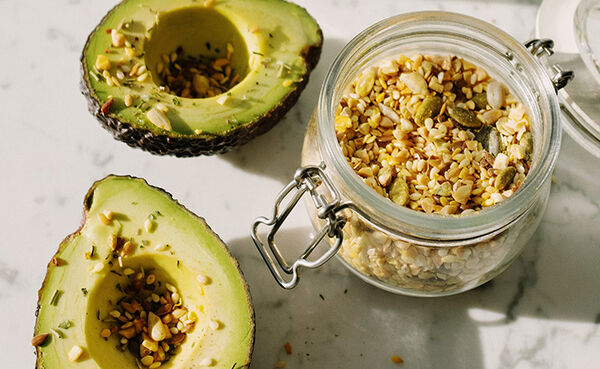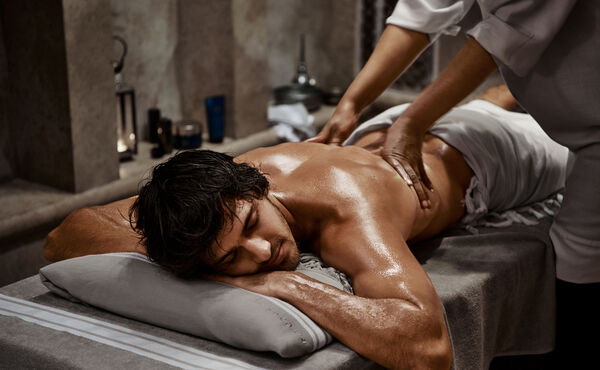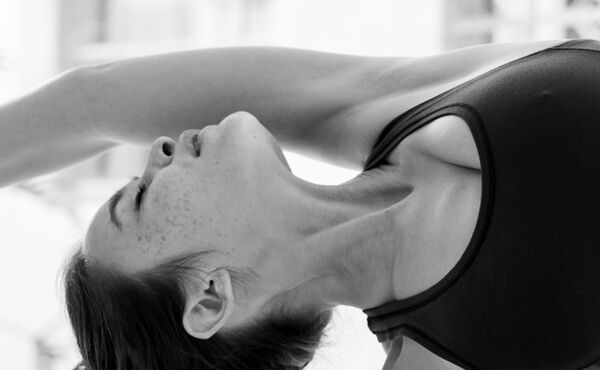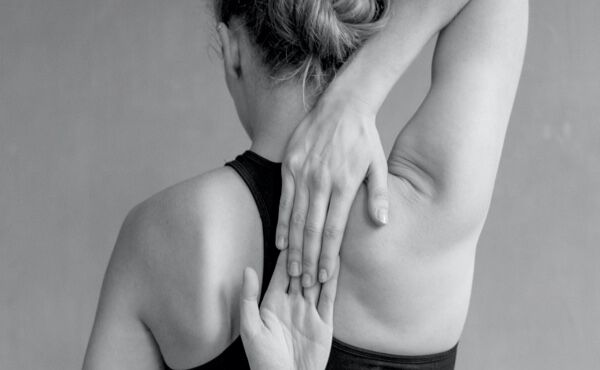When it comes to the ingredients for a longer life, Japan may hold the secret. For over 20 years the country has held the record for not only the highest life expectancy but also the longest healthy life expectancy - an important distinction which many attribute to a combination of healthy diet, active lifestyle and the merits of traditional Japanese culture.
While most recent figures put the average life expectancy in Japan at 84 years old, and the average healthy life expectancy at 74, there are countless examples of Japanese octogenarians living life to its very fullest. Take Mieko Nagaoka, a 105-year-old swimmer who recently retired with an incredible 18 world records under her belt, all earned as a senior. Or Yuichiro Miura, a skier and alpinist, who at 90 is planning to break his own world record as the oldest person to climb Mount Everest during his fourth hike to Earth’s highest summit.
While we may not all choose to scale Everest at 90, there are still lots of ways we can take a tip from the Japanese way of life and boost our longevity. Read on for our round-up of practices that may help us all live a longer, healthier life.
The Japanese diet
Much like the Mediterranean diet which is famed for its health-boosting properties, typical Japanese diets are lean, balanced and packed with nutrient-dense foods that are rich in vitamins, minerals and antioxidants. Ingredient staples include omega-rich fish, plenty of green or raw veggies, seasonal fruits, tofu, wholegrains and gut-friendly miso. While portion sizes tend to be moderate to help stem over-eating, many put a focus on eating slowly and mindfully, savouring every delicious bite. Feeling peckish? Try this Japanese salad with kale and wakame.

Drink green tea
For centuries green tea has been part of traditional Japanese tea ceremonies. A healthier caffeine boost when compared to coffee, green tea is packed full of body-nourishing antioxidants that help to boost the immune system. Research has also linked the brew to improving overall energy levels, helping to regulate blood pressure, aiding digestion and potentially even some cancer-fighting properties. Pour yourself a cup with our renewing green tea enriched with sweet rose leaves.
Intermittent fasting
While fad dieting is firmly out of the healthy lifestyle handbook, typical Japanese diets tend to naturally lend themselves to a form of intermittent fasting. While breakfast, lunch and dinner are all on the menu, it’s common in Japan to consume these meals within an eight-hour window and to avoid eating late at night. That leaves the body, and your digestive system, in particular, a good 16 or so hours in which to rest. When done safely, intermittent fasting has been linked to a range of health benefits from reducing inflammation in the body to lowering the risk of Type 2 diabetes, as well as greater longevity.
Keeping active
We all know how vital exercise is to staying healthy, so it’s little surprise that being active daily is a lynchpin in the Japanese approach to life — whether it’s the communal morning practice of rajio taisō (radio callisthenics), or simply tackling parts of the daily commute on foot or by bike. Researchers have found that not only does regular exercise help to maintain good heart health into older age, but it can also help boost cognitive function too. Particularly, if your activity of choice focuses on building lean muscle. Not sure where to start? Experts advise getting around 150 minutes of exercise per week (around 22 minutes a day) and combining cardio for good heart health, strength training for improving muscle mass and bone density, plus a stretch-based session such as yoga to maintain flexibility. Try this Pilates workout for a strong body and mind.

Cold water therapy
Cold showers at the ready; introducing your body to a few minutes of cold water therapy each day has been linked to a host of longevity boosting benefits. From improved circulation and reducing inflammation, to firing up your metabolism and improving your immune system. Not to mention the feel-good rush that comes with an icy dip. If you’re not quite ready to plunge yourself into a full ice bath, try simply turning the temperature right down for the last few seconds of your shower, and building up from there.
Ikigai
Similar to the French term raison d’être, ikigai is an ancient Japanese philosophy that simply means ‘your reason for being’. In other words, finding purpose and passion in your life, which in turn will bring you feelings of joy, fulfilment and a life well-lived. Whether it’s through volunteering and helping others, looking after your mind and body, or surrounding yourself with loved ones, ikigai is a philosophy that many believe is vital to living a longer, happier and healthier life. Try these tips to discover your passion.









